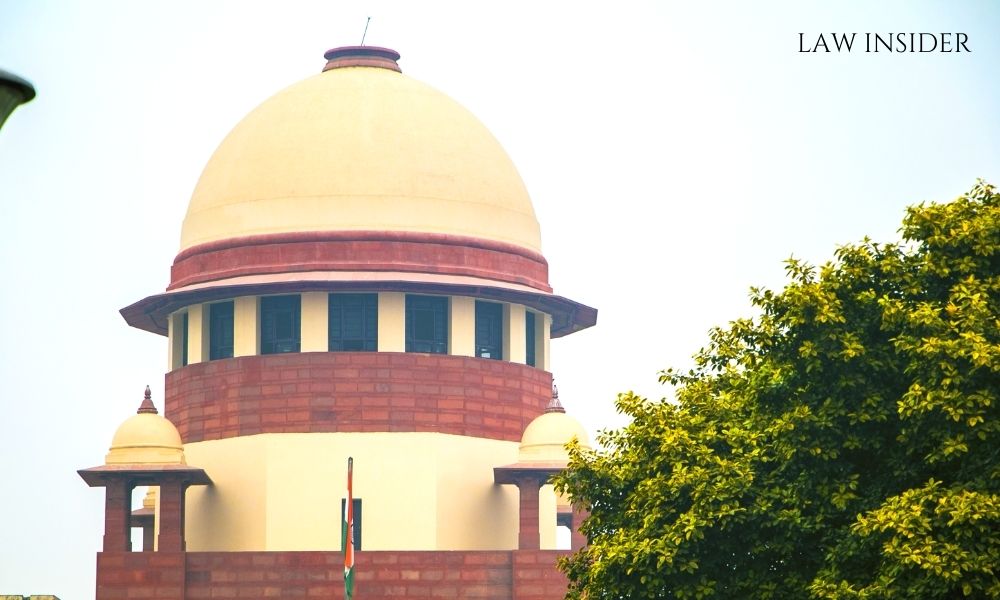LI Network
Published on: October 12, 2023 at 15:02 IST
The Supreme Court scrutinized a controversial conviction by the Madhya Pradesh High Court in a triple murder case that was based on an altered charge.
The Court raised concerns about the absence of the appellant’s advocate during the hearing, highlighting procedural errors and a failure to provide notice regarding the proposed charge alteration. This resulted in a breach of legal principles and significant prejudice to the appellant.
The Court pointed out, “The order sheet of that date records that the advocate for the appellant was absent. It also notes that the arguments were heard, and judgment was reserved.
The impugned judgment does not refer to any submission canvassed on behalf of the appellant. The High Court has, thus, committed illegality by deciding the appeal against the conviction preferred by the appellant without hearing the appellant or his advocate. After finding that the advocate appointed by the appellant was absent, the High Court ought to have appointed a lawyer to espouse his cause.”
The Supreme Court bench, consisting of Justices Abhay S. Oka and Pankaj Mitthal, was hearing an appeal against the MP HC judgment that convicted the appellant of triple murder under sections 302 and 201 of IPC, sentencing him to life imprisonment.
The Court emphasized the importance of adhering to natural justice and providing accused individuals with a fair opportunity to defend themselves when charges are altered or added during an appeal.
In this case, the charge under Section 302 was modified by the High Court, and the appellant had no notice of this alteration, which deprived him of the opportunity to argue against the existence of common intention, a necessary element of Section 34 of IPC.
The judgment also highlighted the absence of a recorded finding in the High Court’s judgment concerning the charge alteration.
The High Court failed to provide any reasons or findings, as required by the law, regarding the proposed alteration of the charge, which should demonstrate that the alteration would not prejudice the accused in their defense.
Although, typically, the Supreme Court would remand the case to the High Court for a fresh hearing, considering the prolonged duration of the case, spanning from 1987 to 2011, the Court decided to examine the evidence on record. After a detailed review of the evidence, the Supreme Court set aside the conviction under section 302 read with section 34 IPC, but retained the appellant’s conviction under section 201 IPC.
As a result, the appeal was allowed.
Case Title: Chandra Pratap Singh V. State of MP

